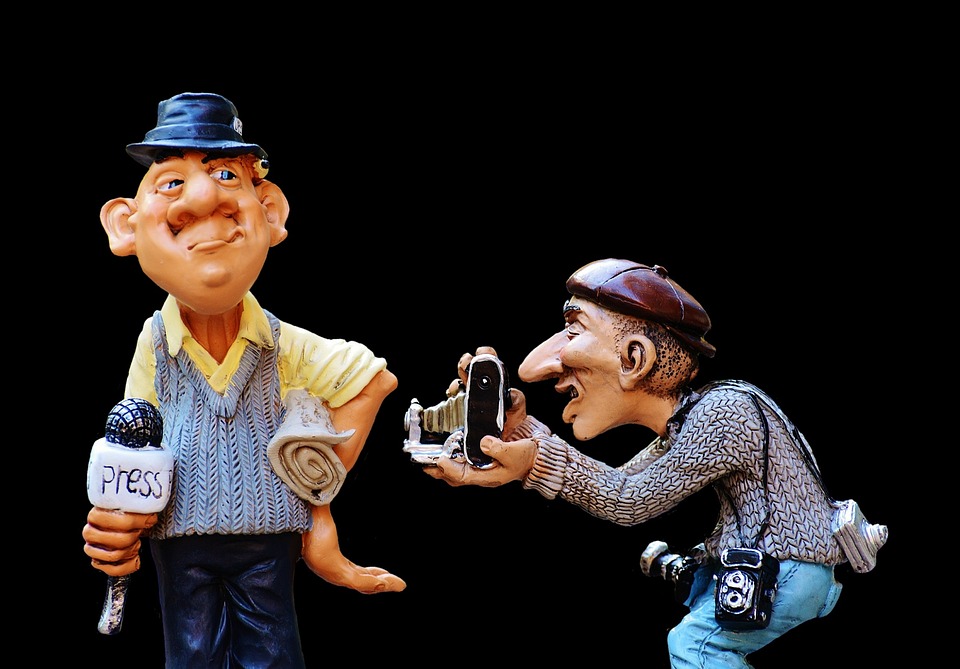[ad_1]
The primary points that nearly 40 percent Americans worry about is their health, career, and financial matters. In addition, over 43 percent feel that life is generally becoming anxiety-inducing with constant worries about the future. People worry about their ability to afford a home, closing a debt, not earning enough to live on and even about looking for and sustaining a job. However, the biggest anxiety triggers are not the topics mentioned above, but the inability to sleep properly.
Anxiety and sleep go hand in hand. Sleep deprivation could be causing anxiety and at the same time, anxiety could also cause sleep deprivation. This is known as anxomnia. However, there are ways to control the situation. Some of these ways are:
- Quietening the racing brain – A racing brain can be brought to rest by practicing mindfulness. Mindfulness, a therapeutic technique, is the art of focusing one’s thought on the present situation and calmly acknowledging one’s feelings. This can be achieved through constant practice and patience. Racing thoughts can tire out a person making them feel fatigued. Mindfulness can bring in a lot of respite, calming the mind and inducing sleep.
- Using science-backed herbal remedies – Consumption of science-backed herbal remedies, such as valerian, is also known to be helpful. Valerian has compounds that alleviate anxiety, however, it does not make one groggy.
- Using military precision to drop off – This technique is used by the U.S. military to fall asleep in under two minutes in highly stressful situations. In this technique, one is supposed to relax the facial muscles, including those around the eyes, the jaw, and the tongue. Then one should drop off the shoulders, followed by one’s upper arm and lower arm on one side. After that, one is supposed to breathe out, relaxing their chest and legs working downwards from the hips, to the thighs and then the feet. Followed by this, one should say “Don’t think, don’t think” over and over again for at least 10 seconds till the time anxious thoughts stop distracting the person and they are able to fall asleep.
- Breathing deeper and slower – Breathing deep and slow can help a person fall asleep faster if they tend to wake up at night. When we breathe shallow, we breathe through our chest. It is therefore, important to breathe deeply through the diaphragm. This can be achieved by placing one hand on the chest and the other on the belly. Now one should aim to breathe in through the nose so that the belly gets lifted and when one exhales the stomach should dip down. One should focus on drawing more air into the abdomen as deep breathing triggers the parasympathetic nervous system which takes over anxiety response associated with anxious feelings, inducing sleep.
- Correcting mineral and amino acid deficiency – Nighttime wakefulness is often associated with magnesium deficiency. Therefore, one must get the required tests done and get the doctor to prescribe them magnesium supplements. Another helpful nutrient known to ease sleep problems is 5-HTP. It is prepared from tryptophan in the body. Once ingested, 5-HTP gets converted into serotonin and melatonin, the body’s natural sleep hormone, inducing sleep and alleviating the symptoms of anxiety.
- Getting a little less mobile – Constantly using laptops, tablets and smartphones can also add an extra layer of stress. Therefore, one should refrain from using them during meal times and must switch off all the devices at least 30 minutes before hitting the bed.
Apart from these, taking lighter meals at night, listening to calming music, reading a book, turning the lights to low, and setting the room temperature to a comfortable degree can also help one fall asleep, without feeling anxious.
Asking help for anxiety
At times, following all the self-help methods a person knows does not help them to either manage their symptoms of anxiety or fall asleep. In such conditions, it is important to seek professional help as it is quite possible that the sleeplessness is being caused by some other underlying factors which one might not be aware of. Meeting a licensed mental health therapist ensures that all such causes are ascertained and a mental health treatment plan devised accordingly.
[ad_2]
Source by Susan Navarez

